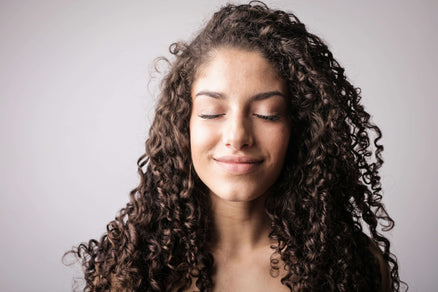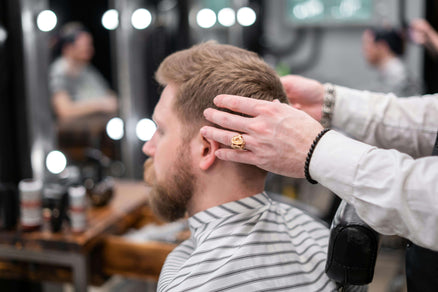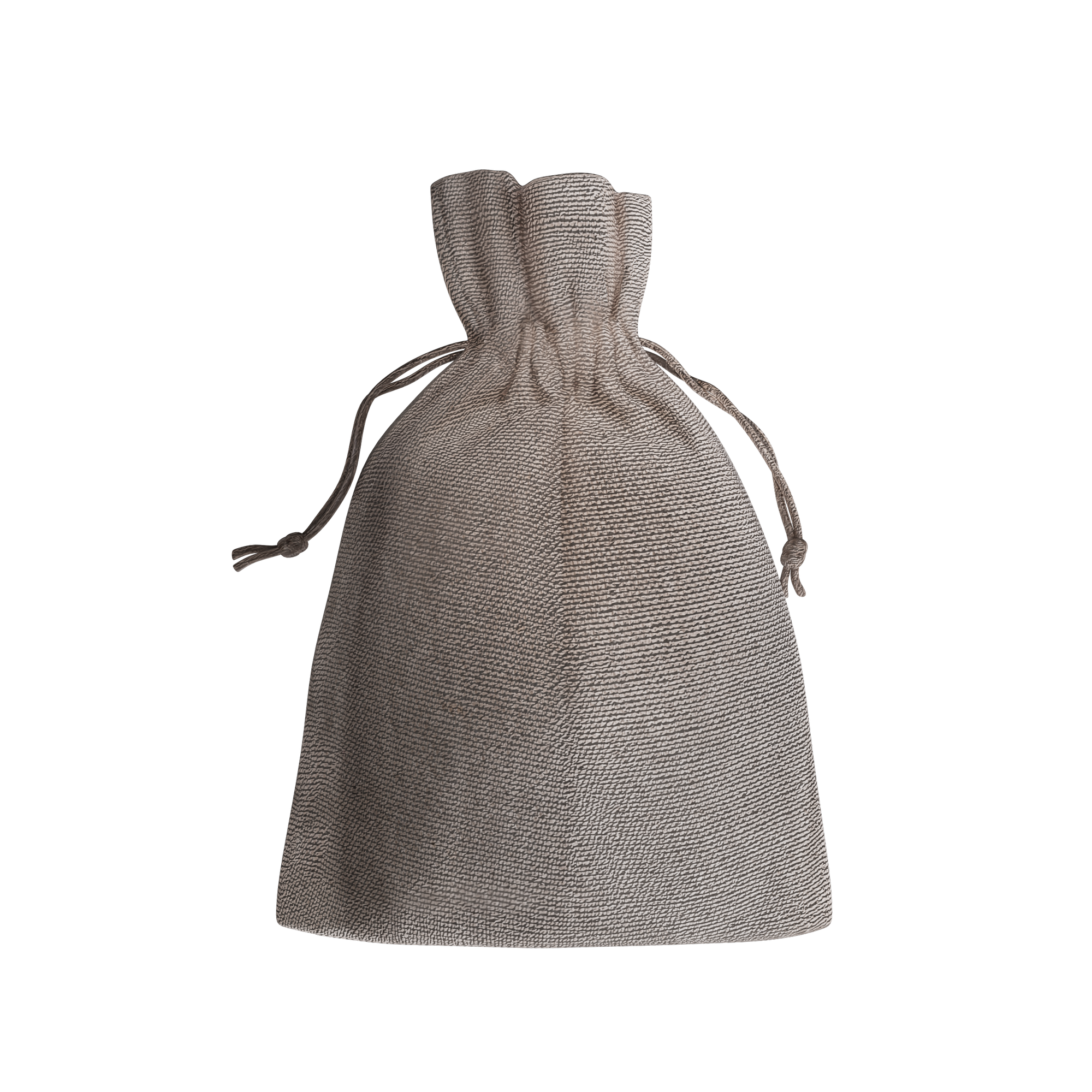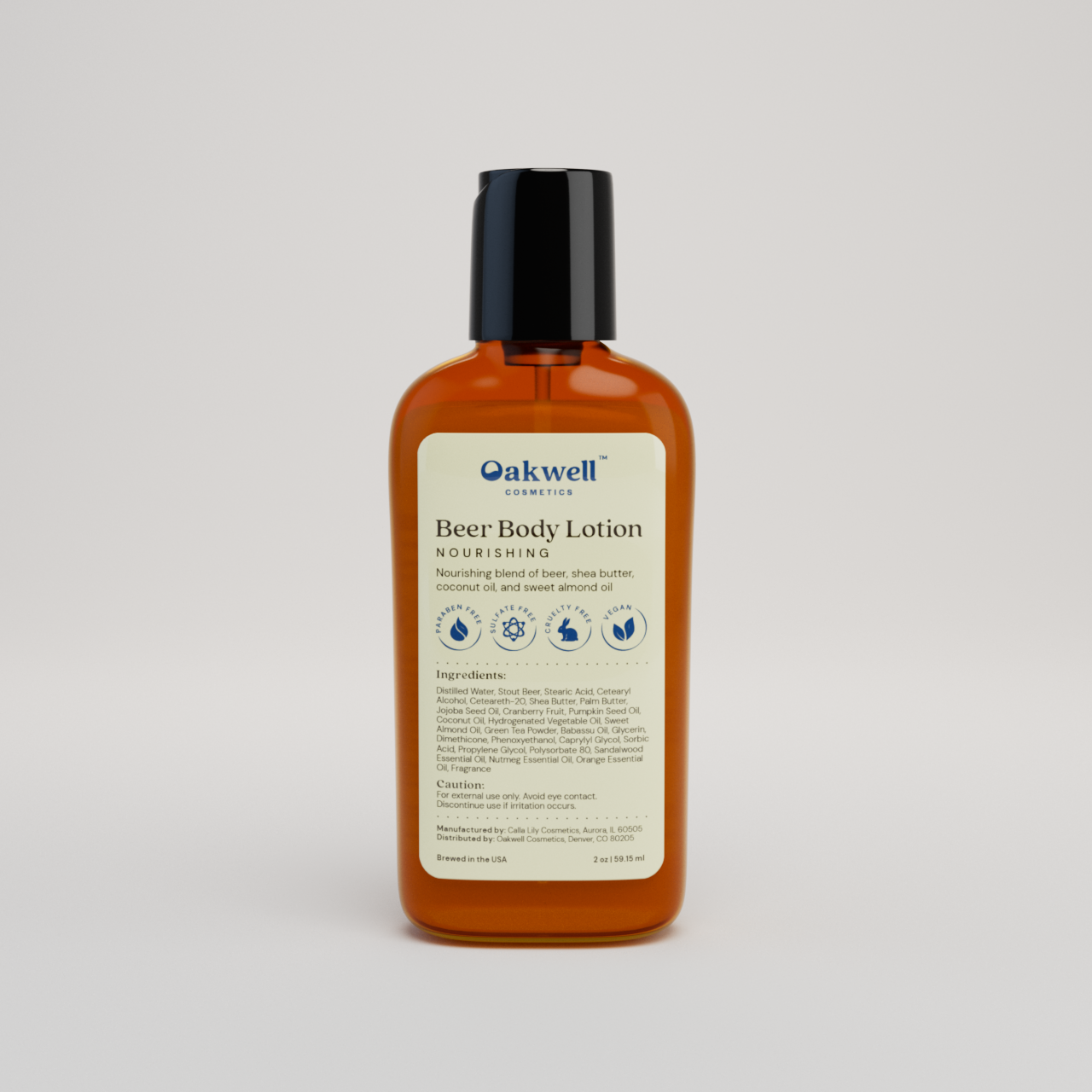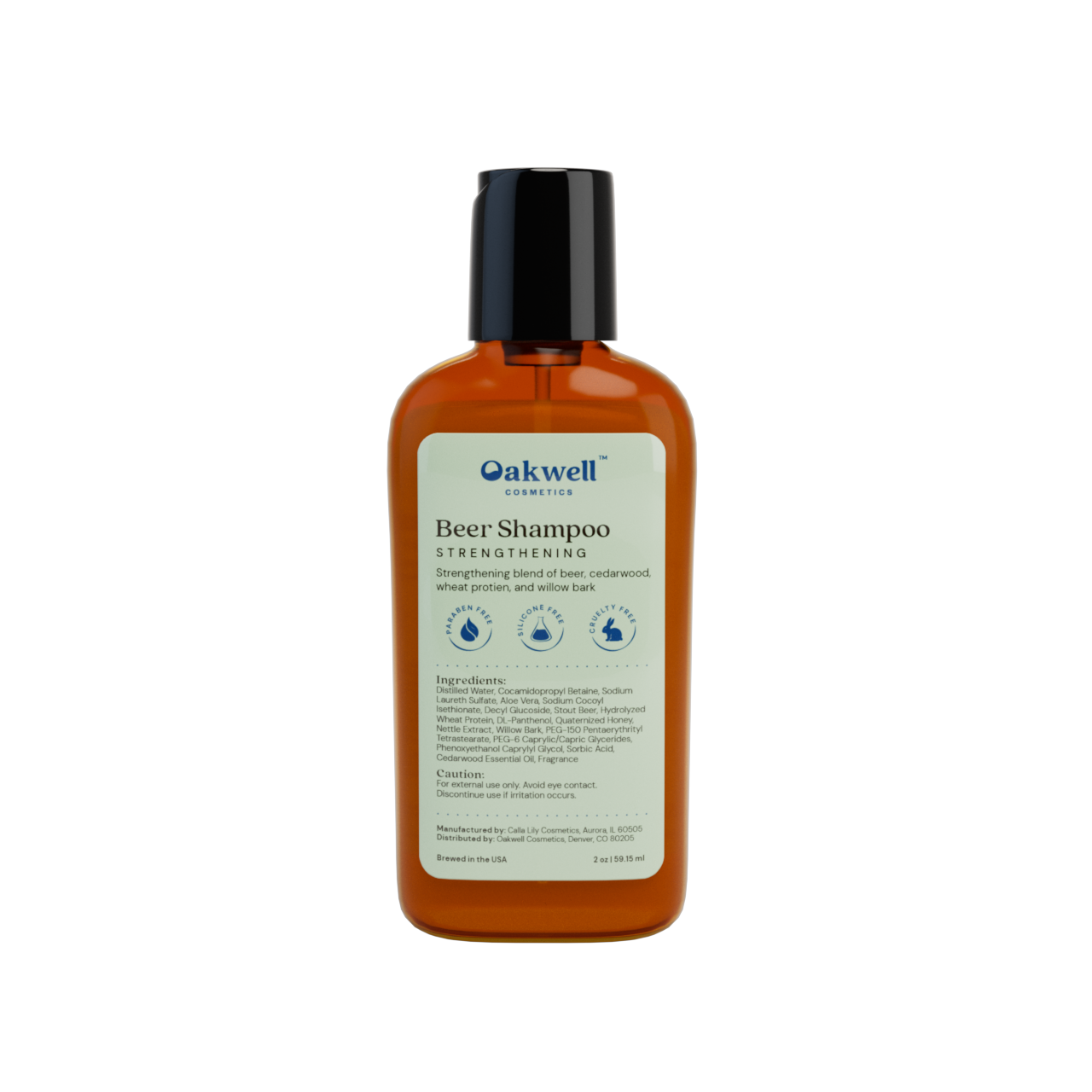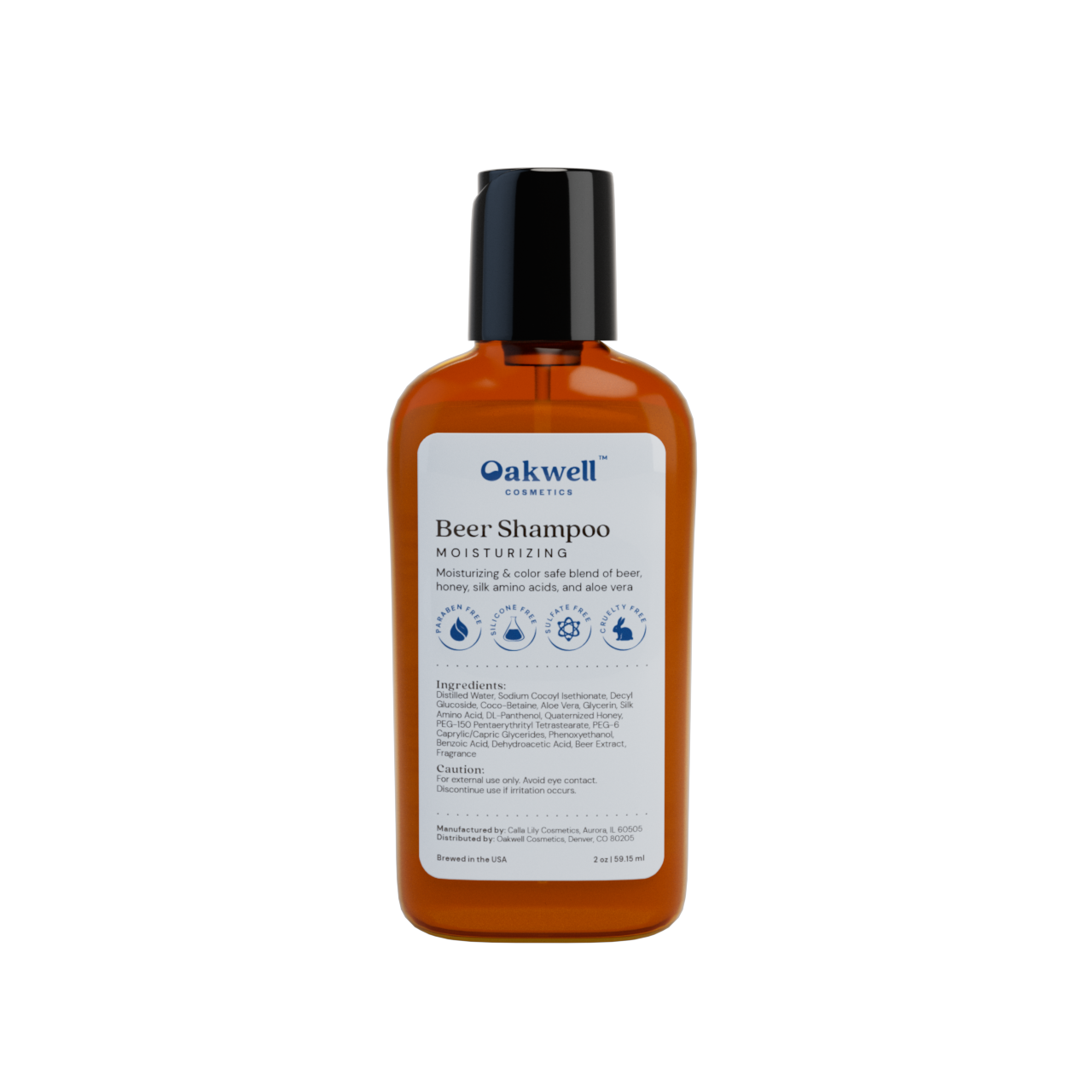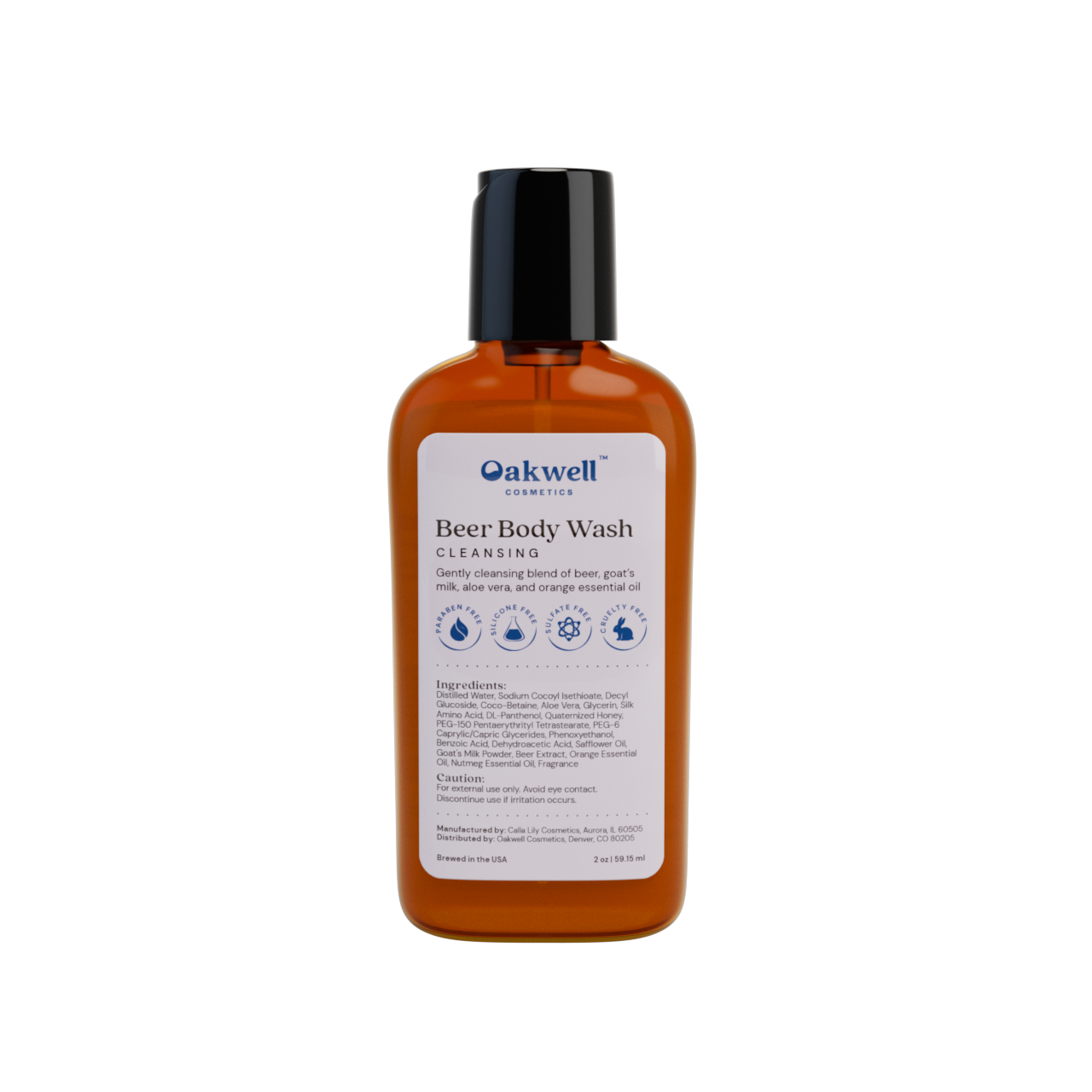Hair Oiling Overnight: Is it good or bad?

Hair oiling overnight is a common practice, but is it always a good idea? While leaving hair oil in while you sleep can be beneficial, experts suggest that shorter sessions might be better.
Below, we’ll share the potential drawbacks and benefits of oiling your hair overnight and how to make the most of your routine.
Is it okay to sleep with oil in hair?
Dr. Ross Kopelman, a Hair Transplant Surgeon at Kopelman Hair Restoration, generally recommends you avoid using hair oil overnight because prolonged exposure can clog follicles and irritate the scalp, especially if it’s sensitive.
While longer sessions might be okay if you have thick or coarse hair or use medicated shampoos and scalp masks, shorter sessions a few times per week can offer the benefits without the drawbacks.
Potential Benefits of Hair Oiling Overnight
There are several benefits of using hair oil, whether it’s for overnight or shorter sessions, depending on your unique needs.
- Enhances shine - Hair oil coats the shaft and smooths the cuticle, which creates reflection that makes hair appear shinier.
- Improve scalp health - A hydrated scalp is less prone to itching and flaking. Oils like rosemary, pumpkin seed, and jojoba support scalp balance and reduce irritation. Our favorite blend with rosemary oil is Oakwell Cosmetics Hops-Infused Oil, known for its soothing, hydrating, and strengthening properties.
- Promote hair growth - While hair oil won’t create new follicles, it can help boost circulation and lower DHT, a hormone linked to thinning.
- Helps prevent hair loss - Oils can strengthen strands and soothe the scalp, which helps reduce breakage and shedding.
- Repair split ends - While hair oil can’t fix split ends, it can help seal them, which keeps hair looking smoother between trims.
- Protects hair from damage - When you use oil before heat styling or sun exposure, it can help protect your hair by reducing protein loss and moisture depletion.
- Reduces frizz - Oils smooth the cuticle and tame flyaways. Regular use helps manage frizz in humid or dry weather.
- Promotes hydration - Applying oil to wet hair can help seal in moisture, resulting in hydrated hair.
- Improves hair texture - Consistent oil use can help soften your hair and boost elasticity, making it stronger, smoother, and easier to style.
Potential Drawbacks of Hair Oiling Overnight
It’s crucial to consider your hair and scalp oiling overnight. If you’re sensitive, try shorter sessions to avoid these drawbacks.
- Scalp irritation - Overnight oil can trigger contact dermatitis if you have a sensitive scalp.
- Clogged follicles - Leaving oil in for too long can block follicles or worsen scalp conditions.
- Dandruff issues - If you have yeast-related dandruff, overnight oil can make flaking worse.
What to Consider for Hair Oiling Overnight
If you’d like to try hair oiling overnight, Tabitha Osman, extension and fine-hair specialist and owner at Haven Holistic Salon, shares the following suggestions.
Choose the right oil
Use professionally formulated oils that properly penetrate the hair shaft. Kitchen oils may feel nice but often cause buildup. Our favorite is Oakwell Cosmetics Hops-Infused Hair Oil, made with hops, cedar oil, rosemary, and lime.
Sleep with a bonnet and silk pillowcase
Protect your pillowcase and skin from excess oil by sleeping with a silk bonnet, scarf, or even a shower cap. Smooth fabrics like silk or satin also help reduce friction and breakage.
Consider your hair type and timing
Not everyone needs hair oiling overnight, but it can be helpful for coarse or damaged hair. Try using it for a shorter session up to an hour, and if your hair and scalp respond well, you can leave it in longer. Notice your unique needs or contact a hair professional to determine the best hair oiling routine.
Use oil sparingly
Apply enough oil to coat your hair, not soak it. Healthy hair typically benefits from oiling once a month, while damaged or dry hair may require oiling weekly.
If you decide to opt out of hair oiling overnight, you might do more frequent shorter sessions.
Wash oil out
After your hair oiling session, rinse or lightly shampoo your hair if it feels heavy. Coarse or curly hair may just need a rinse, while fine hair often needs a wash.
Proper application
You can apply hair oil to either damp or dry hair. Damp hair spreads oil better, while dry application can reduce hygral fatigue, which is the swelling and weakening that happens when hair repeatedly absorbs and releases water. Always let your scalp dry fully before bed to avoid irritation or breakage.
How to apply hair oil:
- Start one to three inches from the scalp, avoiding your roots
- Distribute down to your ends with a wide-tooth comb
- Use about ½ teaspoon of oil for fine, shoulder-length hair and more for long or coarse hair

Hair Oiling Overnight: FAQs
Make your hair oiling routine work for you with answers to common questions below.
Is daily oiling good for hair?
You shouldn’t oil your hair daily. One to three times weekly is a good routine for dry hair, while healthy hair may only need monthly oiling.
Should I oil wet or dry hair?
You can oil your hair wet or dry, but it’s often easier to spread oil through damp hair. However, applying oil to dry hair can help protect strands from swelling and weakening when wet. Try both methods and stick with whichever leaves your hair softer, stronger, and less frizzy.
Does hair oil make hair thicker?
Oiling your hair won’t directly make it thicker. However, it supports scalp health and healthy growth, so your hair may appear fuller.
What are signs you’re over-oiling hair?
If your hair feels greasy, heavy, or dull even after washing, you’re using too much oil.
Hair Oiling Overnight: Conclusion
Hair oil overnight isn’t always good or bad. The best timing depends on your scalp, hair type, and goals. Pay attention to how your hair responds. Adjust frequency, amount, and timing to get the benefits without irritation or buildup.
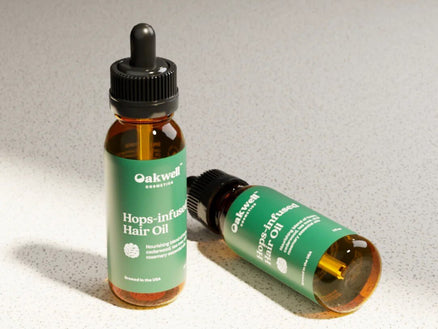
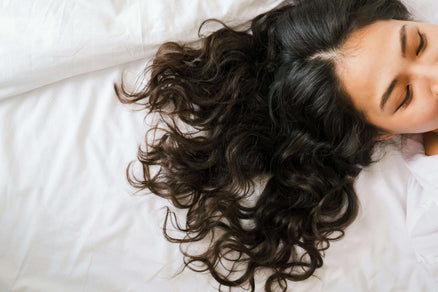
Become a part of our community and be the first to learn all there is to know about Oakwell
